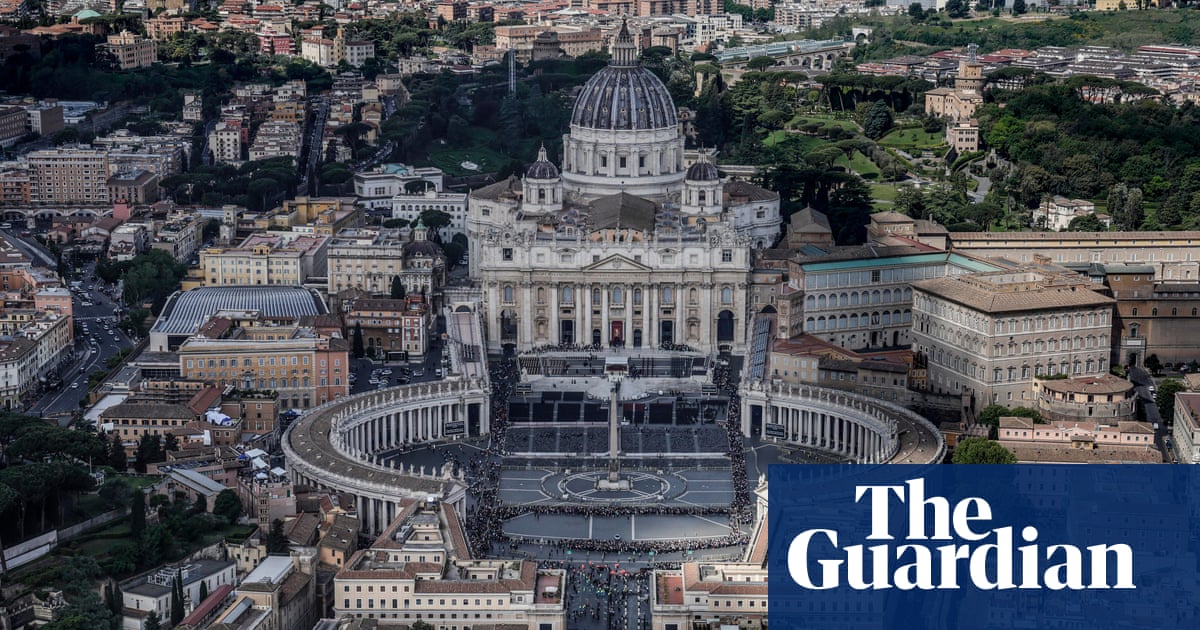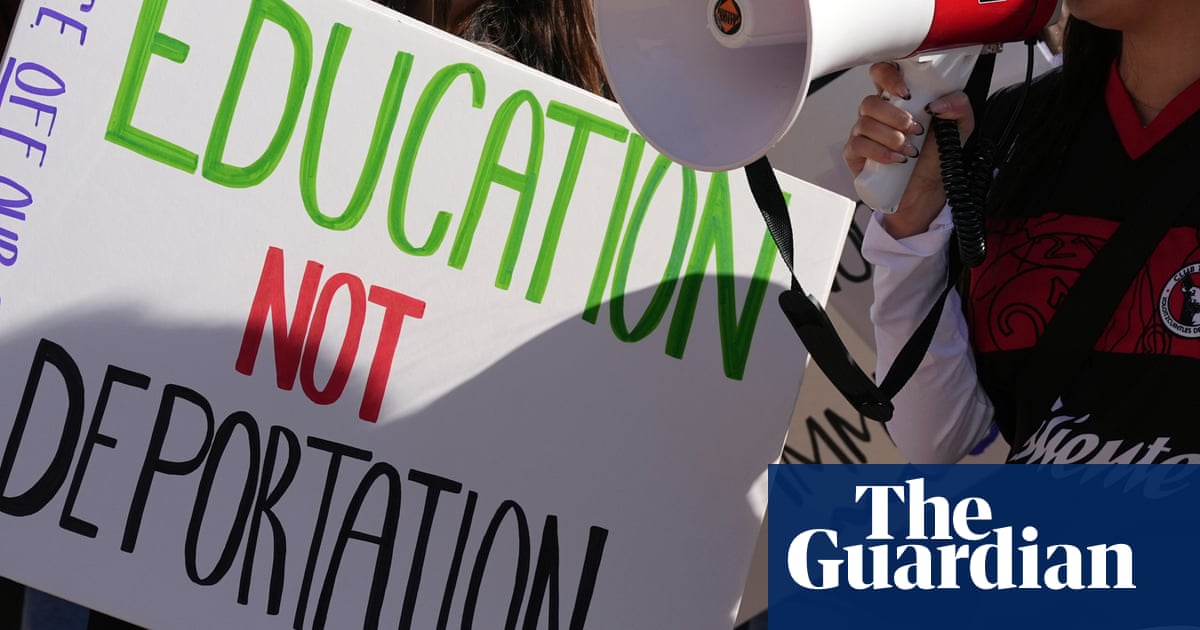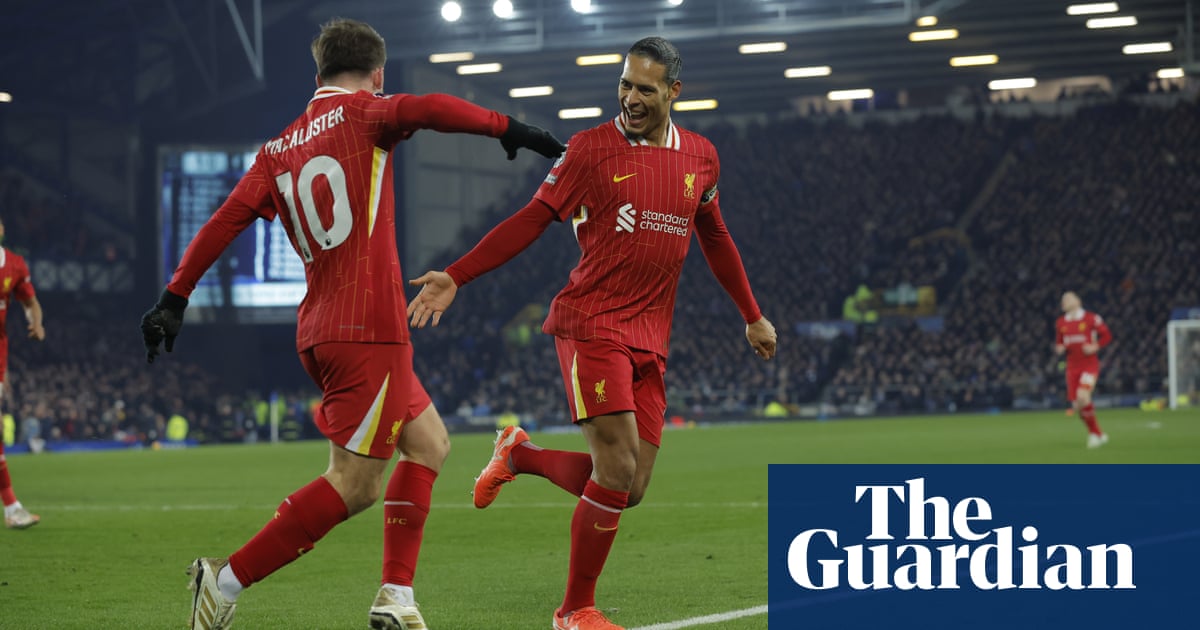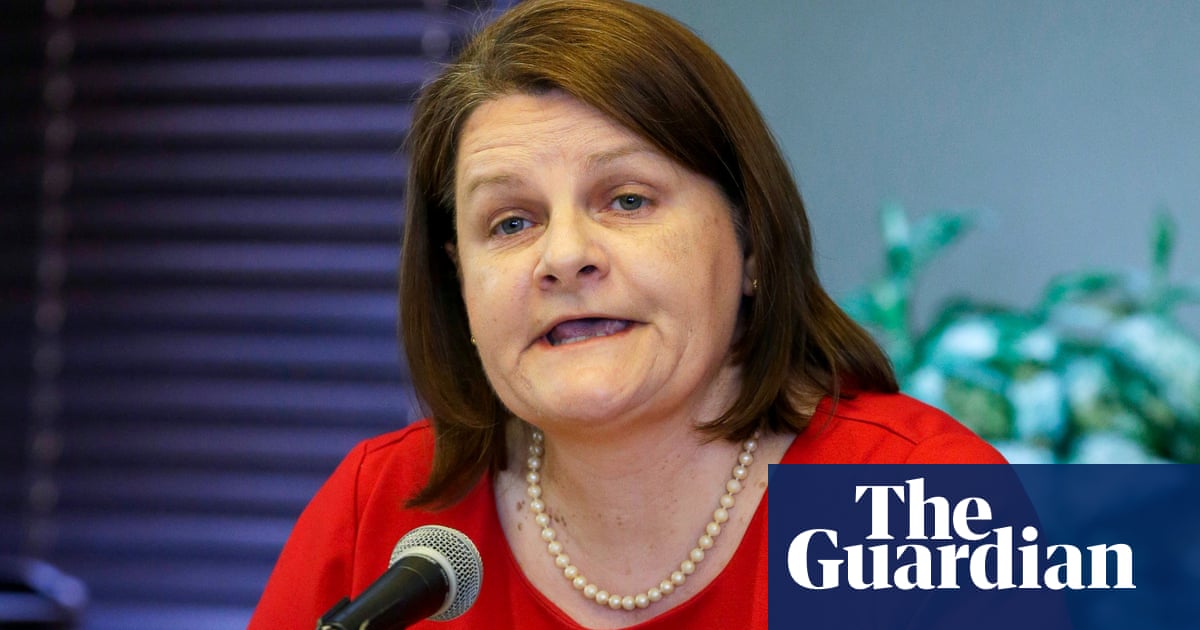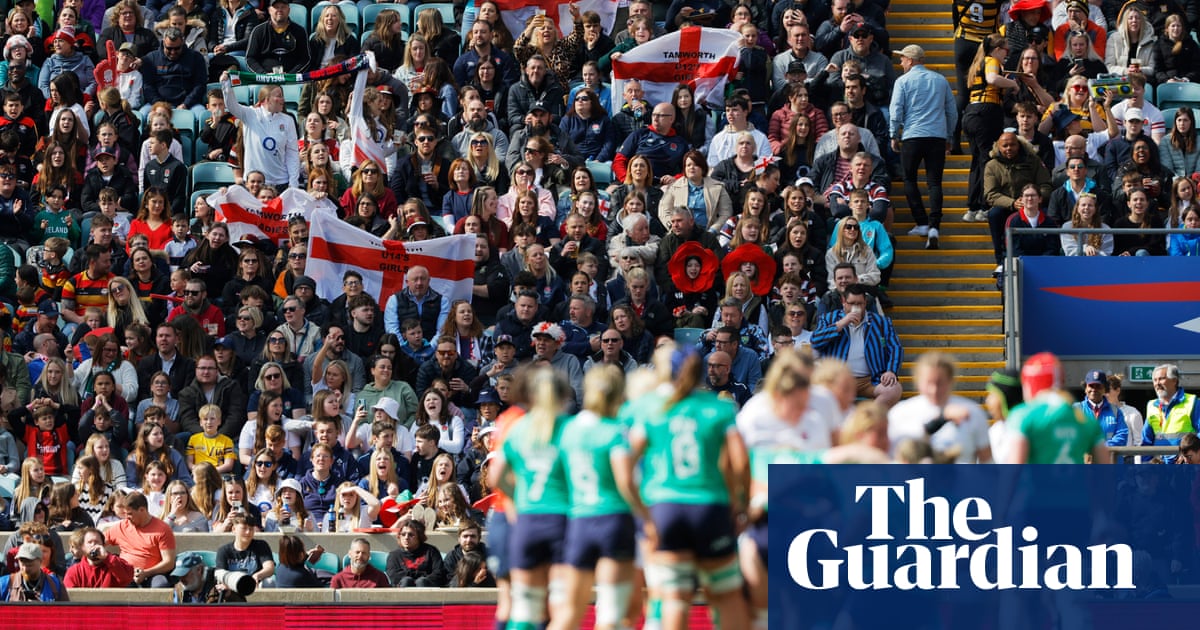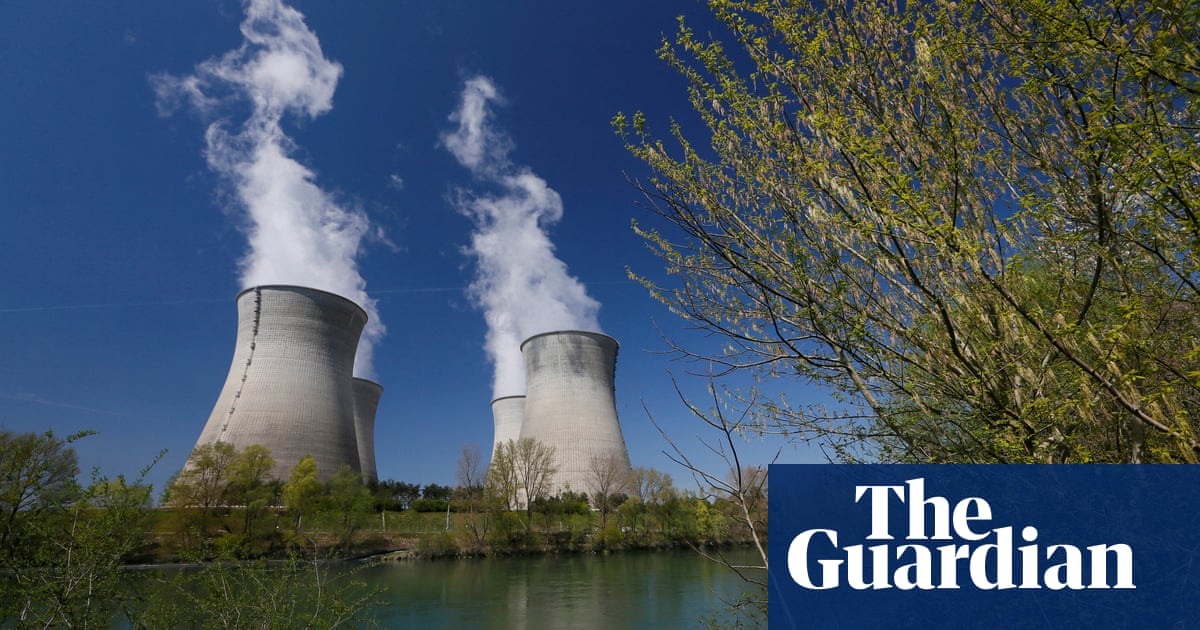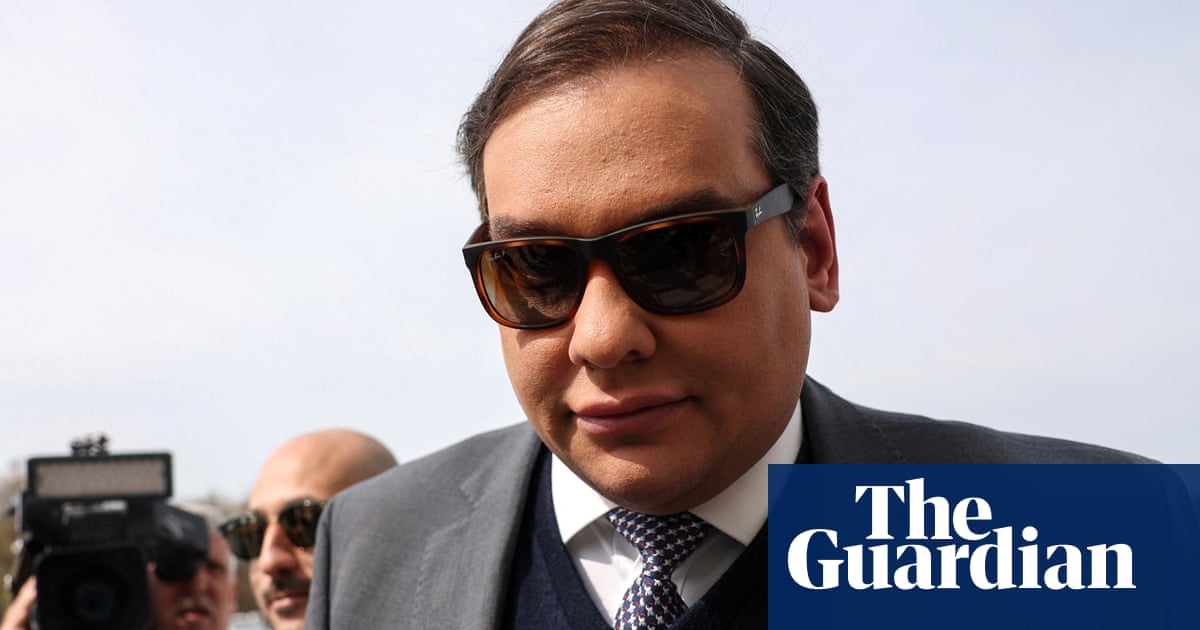A torrent of abrupt US policy reversals, resets and revisions since Donald Trump returned to the White House last month has left America’s friends and enemies struggling to keep up. Trump’s desire both to upend and dominate the established international order, and in particular his undermining of the postwar transatlantic alliance, is feeding talk of a watershed moment akin to 1989, when the fall of the Berlin Wall signalled an end to the cold war.
His behaviour has strengthened a consensus, current among western politicians, diplomats and analysts, that the world is reaching a turning point, that the UN-led, rules-based, multilateralist system is crumbling, and that a new era of great power imperialism fuelled by authoritarianism, hyper-nationalism and left- and rightwing populism is unfolding.
Trump’s “America first” approach – self-interested, transactional, overtly commercial and untroubled by principled considerations of justice, international law and human rights – reflects and entrenches this changed world. When his ill-informed, consistently wrong-headed instincts collide with the harsh realities of specific international issues, problems predictably arise. Gaza is a case in point. Trump imperiously ordered the freeing of all Israeli hostages, and was ignored. Then he set an arbitrary deadline, which jeopardised the fragile Israel-Hamas ceasefire. He also proposed a US takeover of Gaza and the mass expulsion of Palestinians – an illegal, unworkable idea supported only by the Israeli far right. His noisy posturing makes things worse. All key issues remain unresolved.
The incoherence and disdain for facts that characterises Trump’s approach is seen again in his handling of Ukraine. He says he wants to end the war with Russia – a laudable aim that most people share. But instead of supporting impartial, independent mediation, the US president has turned against Ukraine’s leader, Volodymr Zelenskyy, labelling him a dictator, and falsely implying that he profits from the war. Such projection is revealing. Trump’s ire stems in large part from Zelenskyy’s rejection of a $500bn minerals deal Trump wants as “repayment” for US aid. He seemed at one point to issue a de facto ultimatum: “Give me the cash, or I’ll back Russia.” Facing a loss of US support, Kyiv is reconsidering the deal under duress. But the war is no closer to ending.
What is much closer, to the shock and dismay of European and Nato allies, is an American rehabilitation of Russia. A 90-minute phone conversation between Trump and Vladimir Putin was followed last week by bilateral talks in Saudi Arabia, which excluded Europe and Ukraine. This outreach effectively ended Russia’s international isolation, begun after its unprovoked, illegal invasion of Ukraine three years agoon Monday. The volte-face shattered Nato and EU solidarity. Now a Trump-Putin summit is planned. By slandering Zelenskyy while praising Putin, an indicted war criminal – and making a string of ill-judged concessions – Trump upended western policy for no gain. He has greatly boosted Putin, who, it is feared, may next turn his gunsights on Moldova, Poland or the three Baltic republics.
With his erratic, irrational policy missteps, fed by personal grudges, narcissism and mercenary greed, Trump marches up and down like the grand old Duke of York. One minute he says Zelenskyy is irrelevant, the next that he and Putin must sit down and talk. Some officials, such as the secretary of state, Marco Rubio, attempt a more moderate, reasoned line. But they appear outgunned by hard-right figures who have the president’s ear. Europe saw this at first hand at this month’s Munich security conference, when JD Vance, the US vice-president, declared war on European values and governing traditions. A particular target was Germany, where Vance – demonstrating extreme arrogance – backed the far-right Alternative for Germany (AfD) ahead of this weekend’s national elections. Pete Hegseth, Trump’s improbable defence secretary, added his tuppence-worth, warning Europe that it was no longer a strategic priority, demanding it pay more to defend itself and hinting at US troop withdrawals.
Opinion polls suggest that these attacks, when coupled with Trump’s threats to impose swingeing tariffs on Europe and seize Canada, Panama and Danish Greenland by force, have led many to conclude that the US is now an adversary, not an ally. A gulf is opening up across the Atlantic. Vance, Elon Musk and hard-right agitators such as Steve Bannon have a vision of a Europe run not by elected liberal-progressive coalitions but by people like themselves: Hungary’s Viktor Orbán, Italy’s Giorgia Meloni, Germany’s Alice Weidel, France’s Marine Le Pen and Britain’s Nigel Farage. No matter that the vast majority of Europeans oppose their multiple bigotries, racism and misogyny.
It is into this chaotic, poisonous, ever-shifting world that Keir Starmer must trepidatiously step this week, when he meets Trump in Washington. Trying to make sense of it all, and repair the immediate damage, may be the height of the prime minister’s ambition. Yet he must be firm in restating Britain’s view: Ukraine is the victim, Russia is the predator; Zelenskyy is a democratically elected ally, Putin is the dictator; Russian aggression threatens all of Europe and the US, Nato must stand united in opposition; Britain will pay more for its own defence, so will the Europeans, but the US should not and must not walk away.
after newsletter promotion
To sacrifice Ukraine would be to invite worse and bigger future conflicts in Europe, eviscerate the western alliance, and encourage copycat behaviour by China and authoritarian regimes the world over. Capitulation to Russia really would be a 1989 moment.

.png) 2 months ago
39
2 months ago
39
